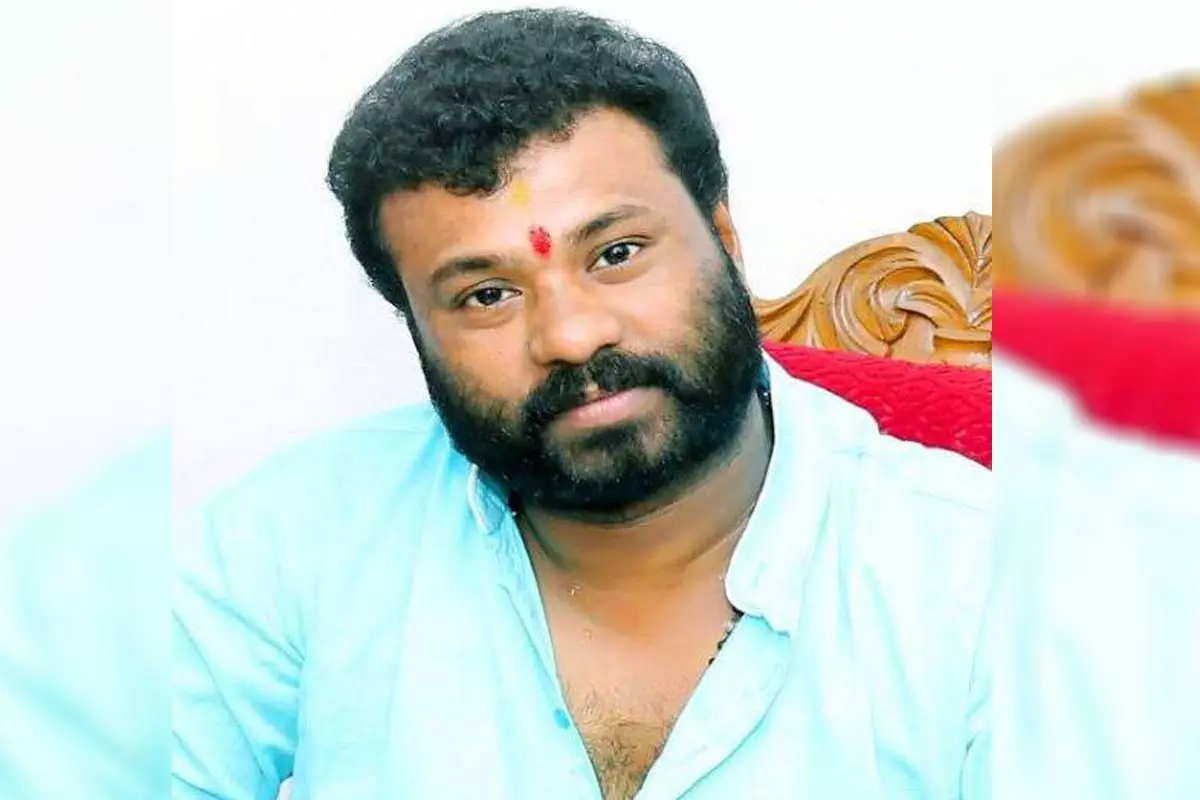
Justice Dr Ramakrishnan and Dalit community should get
text_fieldsDr RLV Ramakrishnan
It may sound paradoxical that it is in 'caste-free' Kerala that a dancing maestro with creditable academic achievements, Dr RLV Ramakrishnan made a suicide attempt under frustration about caste prejudices. It is consoling that his life didn't come to end there. But that he came back to life does not mitigate the ruthlessness of the caste discrimination which he brought into focus. Therefore, voices louder than what have been raised for the dead, have to be raised to ensure justice for the living. And justice to Dr Ramakrishnan and the Dalit community can be deemed as delivered only when the culprits are given exemplary punishment and the underlying discriminations in the cultural domain are fully exposed. When a retired UD clerk and secretary of Kerala Samgeetha Akademi, N Radhakrishnan Nair, insulted Ramakrishnan, who secured the first rank in Mohiniyattam dance from MG University and got a PhD, and portrayed him as incompetent and lacking merit, the former was insulting the very community of Dalits. Caste prejudice is synonymous with denial of recognition that is well deserved.
Whether the 'caste-less' Kerala did take up the agony of Ramakrishnan as a cause for revolt, is a question on which the state will have to lower its head in shame. The burning words of Poykayil Appachan out of the crucible of experience, written centuries ago asking whether the fault of the 'paraiyan' (an untouchable caste) will be cured and whether Kerala will have a bright day – a question that still echoes without an answer in 2020. The suicide note written by Dr Ramakrishnan wishing for 'a world of arts without caste discrimination' presages that such a world is not going to dawn in the near future. Unless the social and cultural milieu is rid of cultural overlords – who sink their faces under one-line statements and later seek refuge in silence and apathy - the fond hopes of Poykayil Appachan and Ramakrishnan are not going to materialise.
The 'post-renaissance' Kerala is also a land with a high percentage of humans with a psyche of casteism, colour prejudice and hegemony. Even as people go about boasting that caste-discrimination is a thing of the past, the majority are reluctant to cut off the caste name suffixed to their names. All the tall talk about caste-free Kerala will vanish the moment a lower caste person invites an upper caste person to have a feast from the same plate. Or take a look at this: the octogenarian secretary of the Akademi has all his activities in the leftist cultural sphere. Still he could not cure his inner self of a reprehensible uppper caste hegemonism. If the supremacist upper-caste man was able to hurt the honour of a Dalit artist - who is part of the left wing cultural body (Purogamana Kala Sahitya Sangam) - how meaningless would be the renaissance which the left wing claims to have achieved. There is also an antecedent act from the same cultural body chief: of shaming tribals from adivasi 'ooru' (hamlet) when they turned up for work at the drama festival; he denied work to them telling them that they need work only in the forest. In spite of there being several in the left-wing circles with such first -hand experience of being so degraded by the Akademi secretary, there has not been any corrective steps. That is the point where answers should be sought for the question why the struggle against casteism fails.
When the Dalit torture stories from north India are setting flames of rage across the country, the discrimination against Dalits in Kerala's cultural climate should not pass off without disturbing minds. True, Culture Minister AK Balan has announced a detailed inquiry into the issues surrounding the Secretary and the Chairperson of the Akademi. The Human Rights Commission has also registered a case and visited Dr Ramakrishnan. But none of that by itself will end the bias and insults suffered by the Dalit people. Only when they start enjoying social, cultural and political participation in power and win egalitarian co-existence, can we say that the march to a solution is on track. The art, literature, music and dances that are usually celebrated in the cultural firmament of Kerala, do bear distinct signs of upper-caste dominance. Most of them are temple-centric and a display of the charm of the inner precincts of savarna family life. Arts other than that of upper castes are kept at arm's length under the label of folk-lore and as peripheral forms of art yet to be 'purged'. Thus forms of art are being 'protected' between caste walls higher than those between humans. The fault of Dr Ramakrishnan was that he attempted to reach that height and internalise it – an unforgivable sin in the eyes of savarna culturalism. Unless the upper caste values in Kerala's cultural symbols and the distinct aesthetics engendered by that are overhauled, cultural caste discrimination is not going to end.























